
Have you ever been annoyed by the constant humming or buzzing noise from your fridge? The kind of noise that seems like it’s coming from the inside but stops abruptly when you open its door? It can be quite unsettling, especially if you’re used to your fridge running silently.
Let’s explore what might be the cause of these unusual sounds and whether they mean there’s a problem with your fridge.
The Fans
First, it’s essential to know that your fridge has a few different components that can cause noise when it’s running.
The most common of these are the fans, mainly the evaporator fans and the condenser fan.
The evaporator fan is a critical component found inside your refrigerator’s freezer compartment. Its primary role is to circulate cold air from the evaporator coils throughout the refrigerator and freezer compartments. As the refrigerant absorbs heat from the air, it turns into a gas. This process results in a cooling effect that keeps your food at the desired temperature.
On the other hand, the condenser fan is located at the back of the fridge. It cools and condenses the refrigerant from its gaseous state back into a liquid. The condenser fan blows cool air from the room across the condenser coils, which release the heat from the coolant into the room, aiding in the cooling process. Together, these fans ensure that your refrigerator maintains an optimal temperature, keeping your food fresh.
When any of these components break down or get blocked, it can lead to noise coming from your fridge.
To test the fans, first, unplug the refrigerator. Next, make sure that nothing is blocking the fans. Even something like food in front of the fan or frost and ice build-up can block the fan and keep it from working at its best. Remove any blockages and give the fans a test spin. If they do not run smoothly, or the blades are bent or broken, they will need to be replaced.
Replacing the evaporator fan in your refrigerator can be handled with some basic tools and a little time. Note that your particular model may have more than one fan and they can be located in the refrigerator or freezer compartment. The process remains the same for either case.
Please follow the steps below:
- Disconnect Power: Unplug your refrigerator or switch off the circuit breaker associated with the refrigerator.
- Remove the Fridge Contents: Clear out your fridge compartment entirely. Keep your food in a cool place or use an icebox temporarily. Remove the shelves and drawers as well.
- Remove the Back Panel: The evaporator fan is usually behind an access panel in the back of the refrigerator compartment. Unscrew and carefully remove the panel. Be sure to check for any ice in the screw holes or the vent of the access panel. If there is ice in these locations, there is probably a lot more ice underneath the cover and it will be difficult to remove. If this is the case, then leave the access panel to defrost for up to 48 hours.
- Remove the Evaporator Fan: The fan is on the back of the access panel. Once you see the fan, remove it by unscrewing the screws that secure it in place. You will also need to peel back the foil to access all the screws. You might also need to disconnect a wire harness. Remember to note its configuration to make reassembly easy.
- Install the New Fan: Now, install your new fan. Connect the wire harness if necessary and secure the new fan in place with the screws. Return the foil to its position.
- Reassemble: Replace the back panel and secure it with the screws you removed earlier.
- Restore Power and Test: Plug back your refrigerator or turn on the circuit breaker, then keep an ear out for any unusual noises. When the door is closed you should hear the fan turn on.
Please remember, if the task seems too complicated or you encounter any errors along the way, you should call a professional to avoid damaging your fridge or causing injury.
If the sound is still there after clearing and replacing the fans, you may want to look at other components.
The Compressor
When the noise is a loud hum that is much louder when the fridge door is closed but quieter when it’s opened, it’s usually a sign that the noise is coming from the compressor.
Vibrations from the compressor are transmitted through the fridge body, which can cause the noise.
When you open the door, the fridge’s internal light switch interrupts the power supply to the compressor, causing it to stop running and the sounds to stop.
The compressor usually operates at a quiet hum, but if the sound gets loud, or constant, or stops entirely, then your compressor might need to be replaced. You will need to call a repair technician to do this.
The Shelves
In some instances the noise can be caused by loose components within the fridge. If the noise sounds like rattling, this could indicate the shelves or accessories are loose or improperly installed. Inspect the interior of your fridge to ensure everything is tight and in its proper place.
If you notice any defects or damage, consider replacing the shelves or call a technician to fix the issue.
The Coils
Lastly, if the noise is loud and continues even after opening the fridge door, then you may need to investigate the fridge’s exterior.
The fridge’s compressor and condenser coil are located at the back of the fridge and can cause noise if they are faulty or experiencing strain.
These types of sounds are usually more severe and persistent and may indicate that there is a mechanical issue that requires professional attention.
Final Thoughts
Your fridge may make some noise now and again, but the good news is that it’s usually not a cause for concern.
It’s essential to know when the noise is not normal and which parts of your fridge are causing the noise. If you’re unsure about the source of the noise, it’s best to call in a professional to assess your fridge’s situation.
By maintaining your fridge regularly, keeping it clean, and replacing faulty components, you can keep your fridge running smoothly and noise-free for years to come.
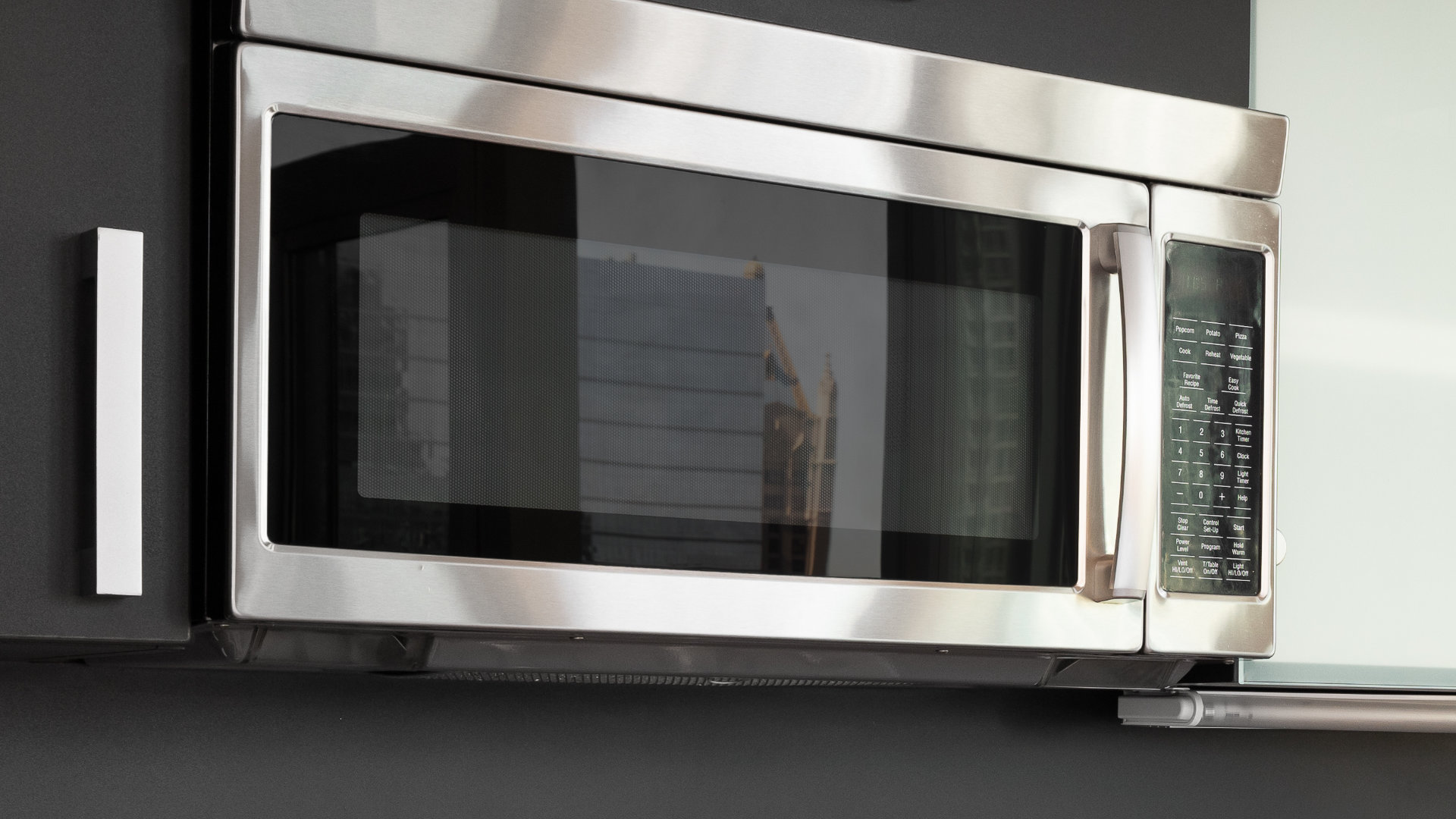
Your Guide to Whirlpool Microwave Replacement Parts
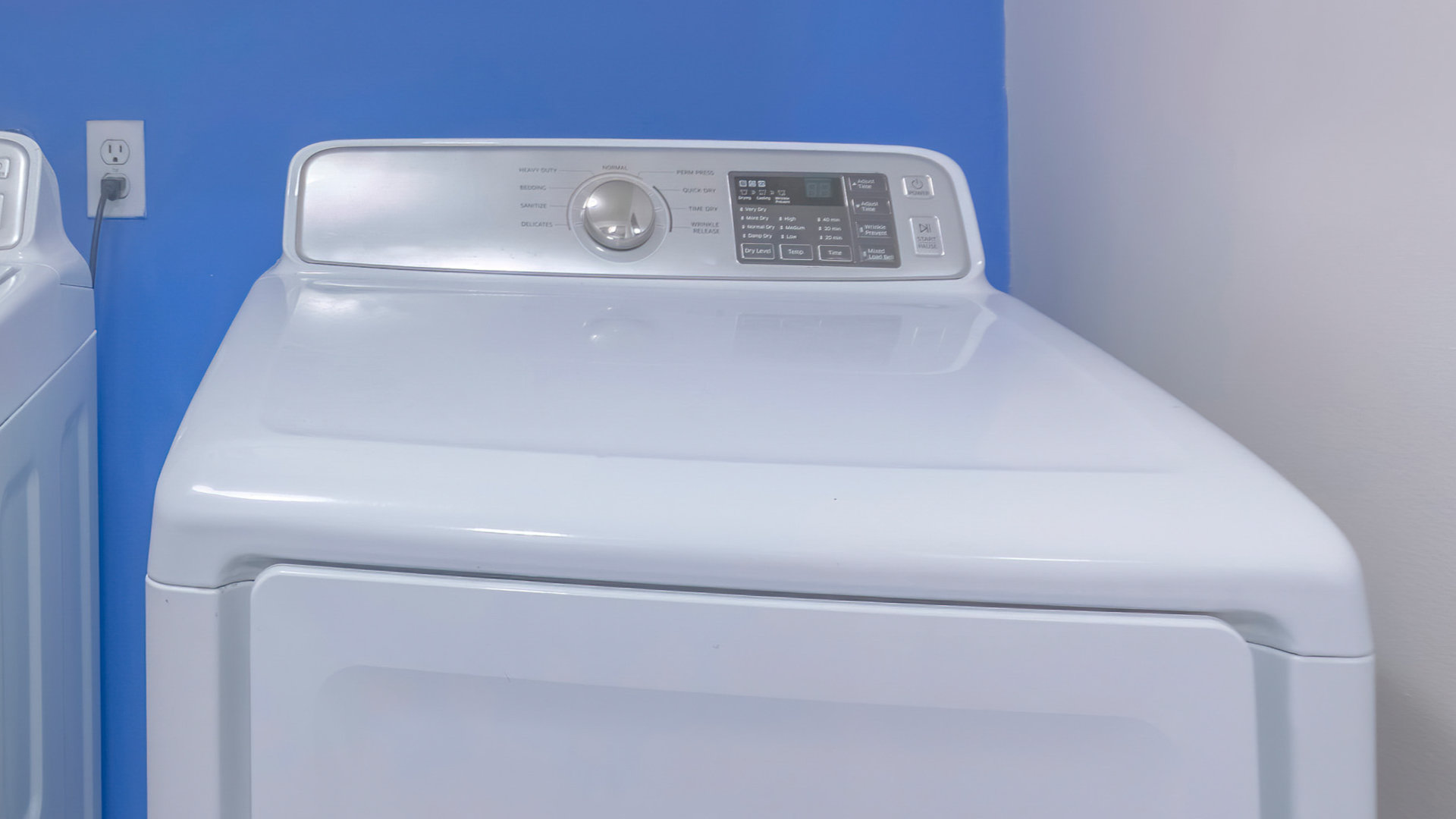
What to Do When Your Kenmore Dryer Won’t Start
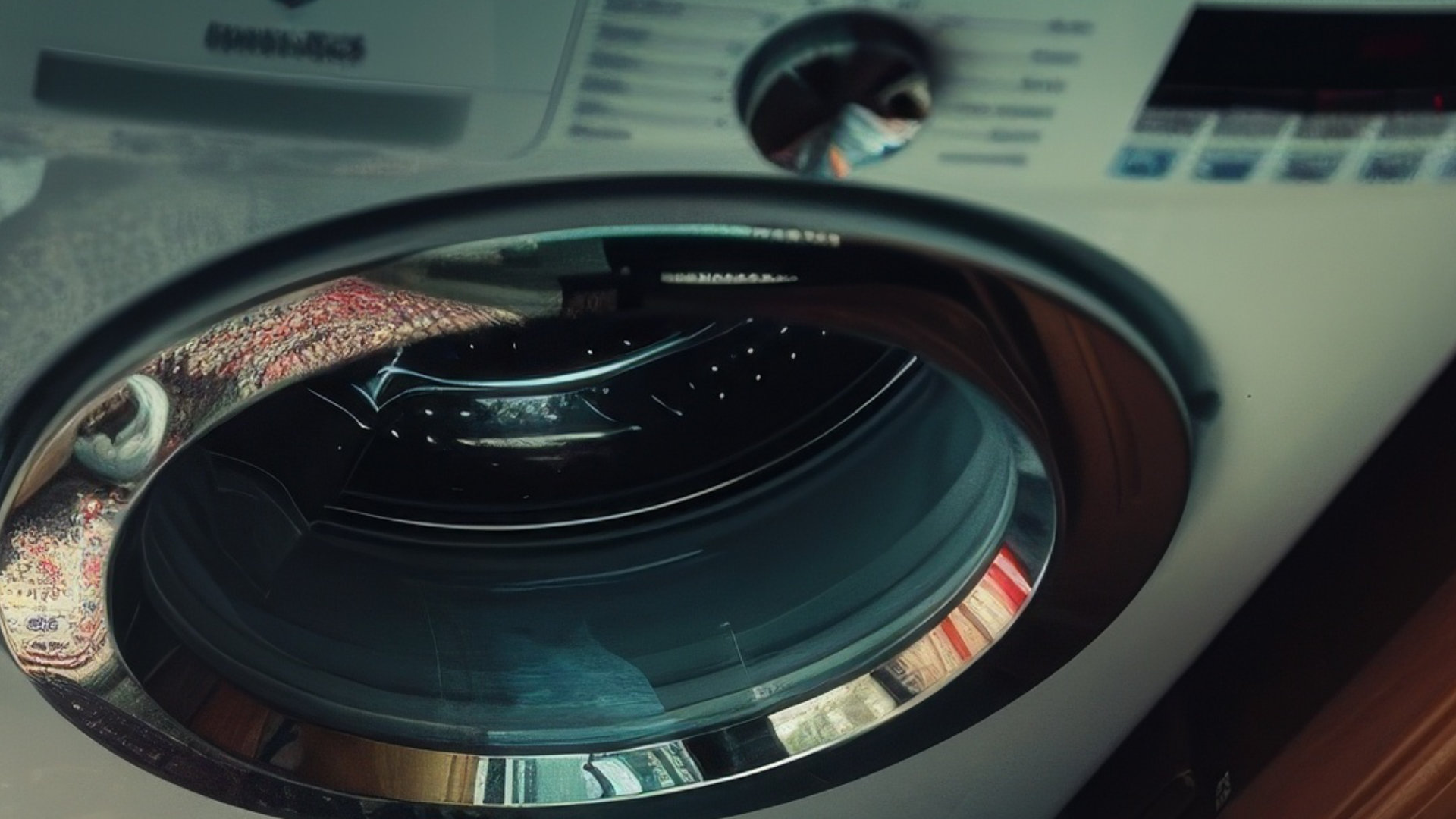
How to Resolve the LG Washer LE Error Code
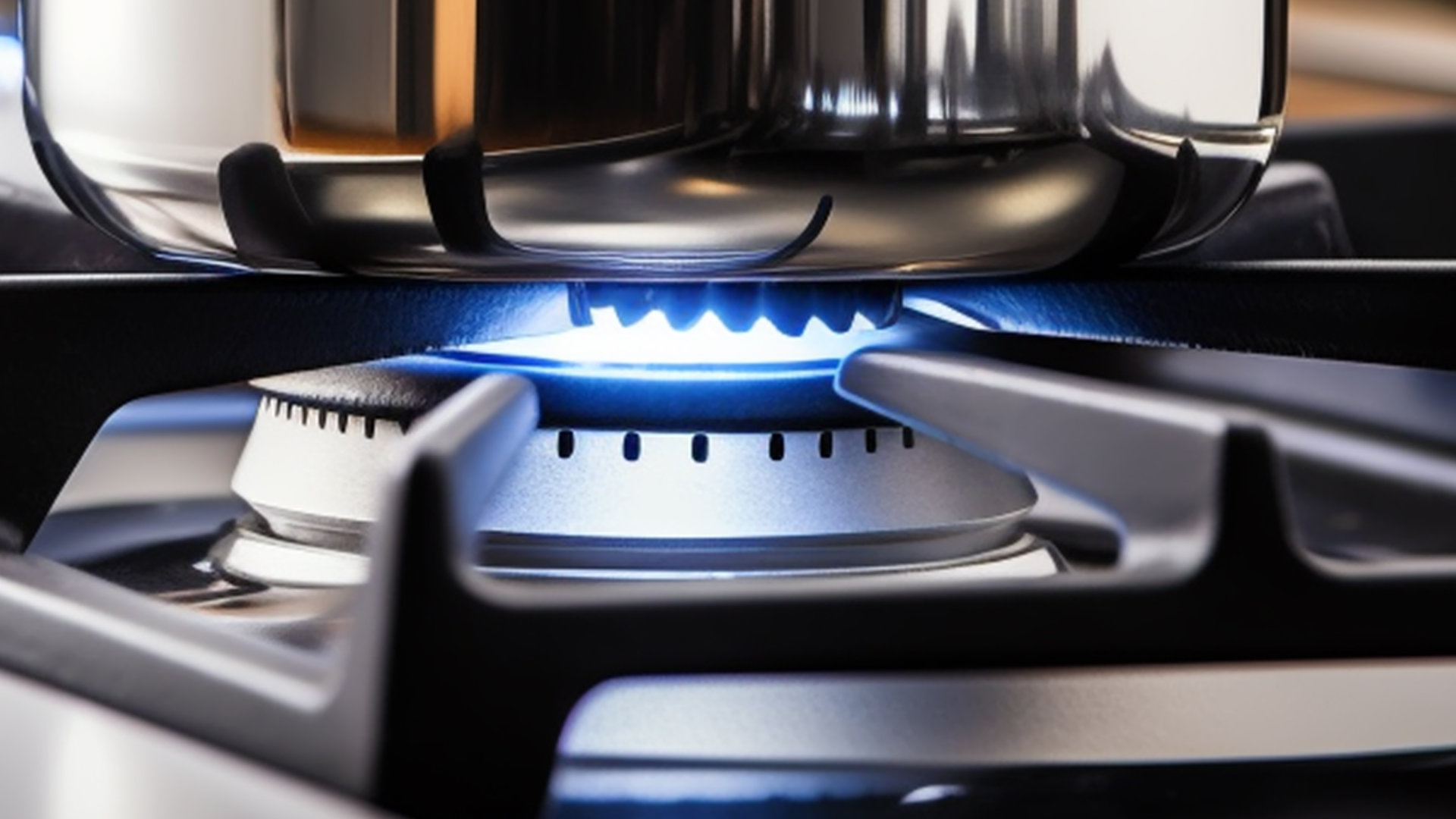
Why Does My Oven Smell Like Gas? Causes and What to Do
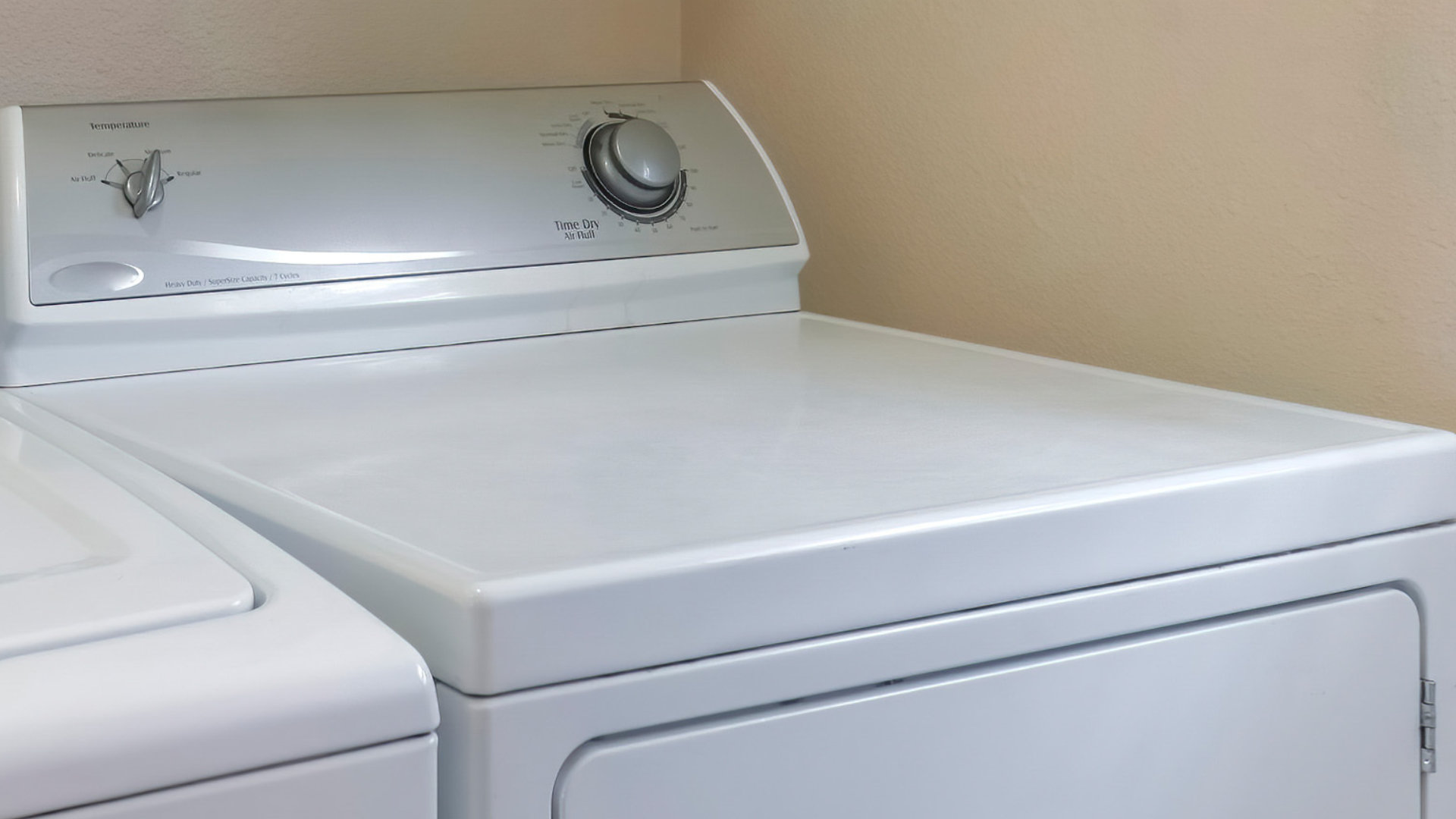
Maytag Dryer Not Heating? Here’s How to Fix It
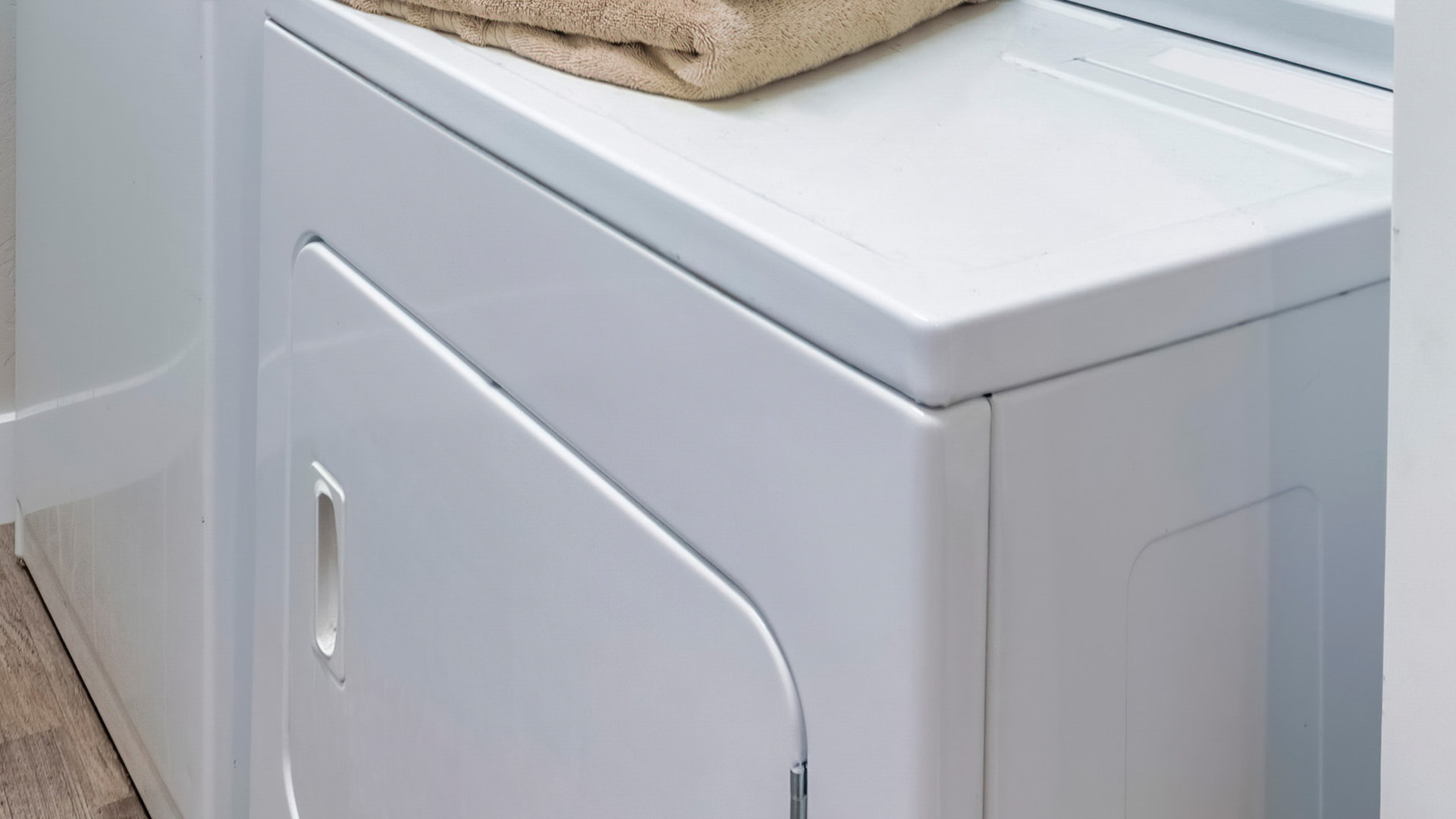
6 Common Reasons Your Speed Queen Dryer Isn’t Heating
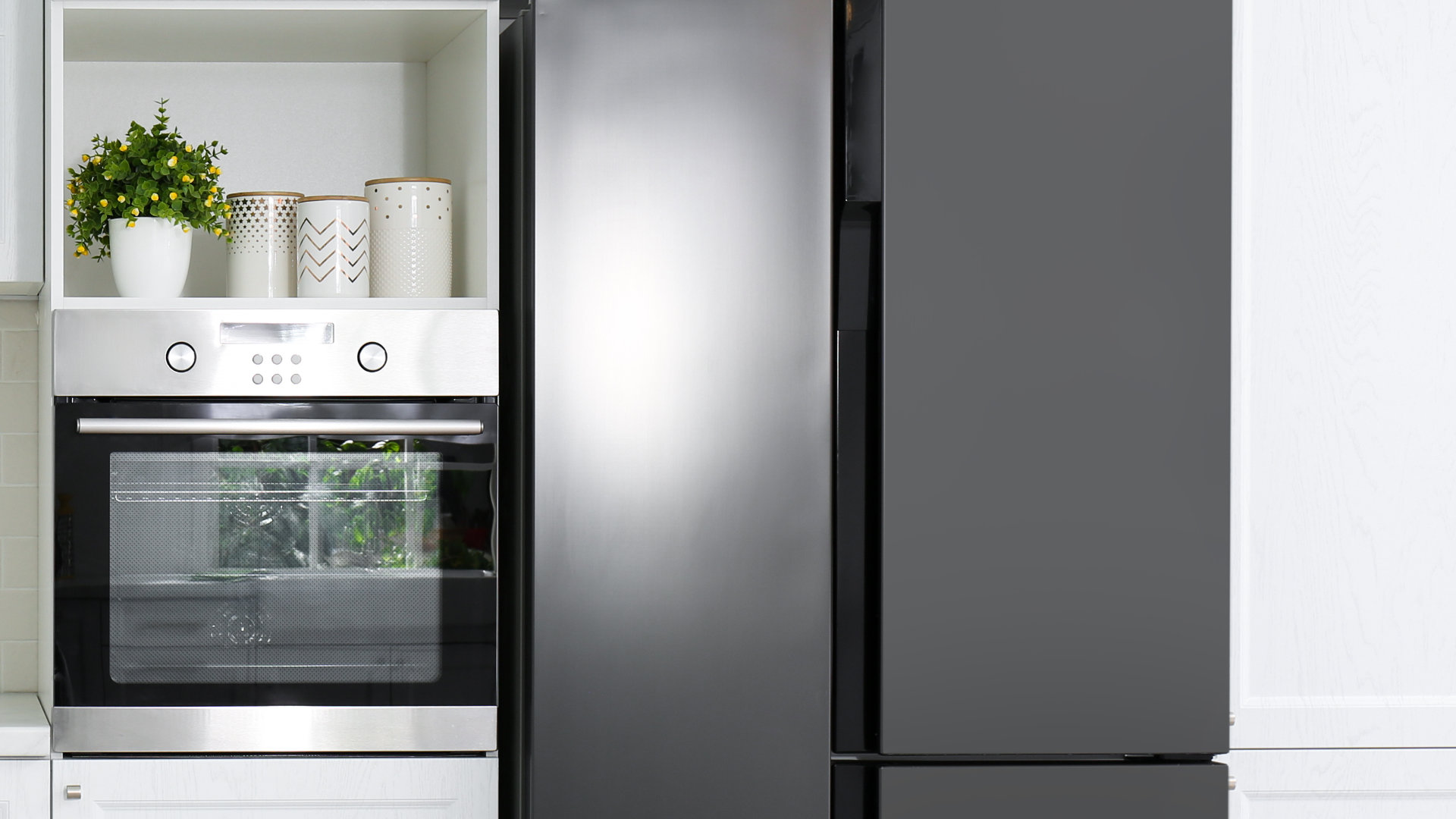
8 Reasons Your Samsung Refrigerator Is Not Cooling
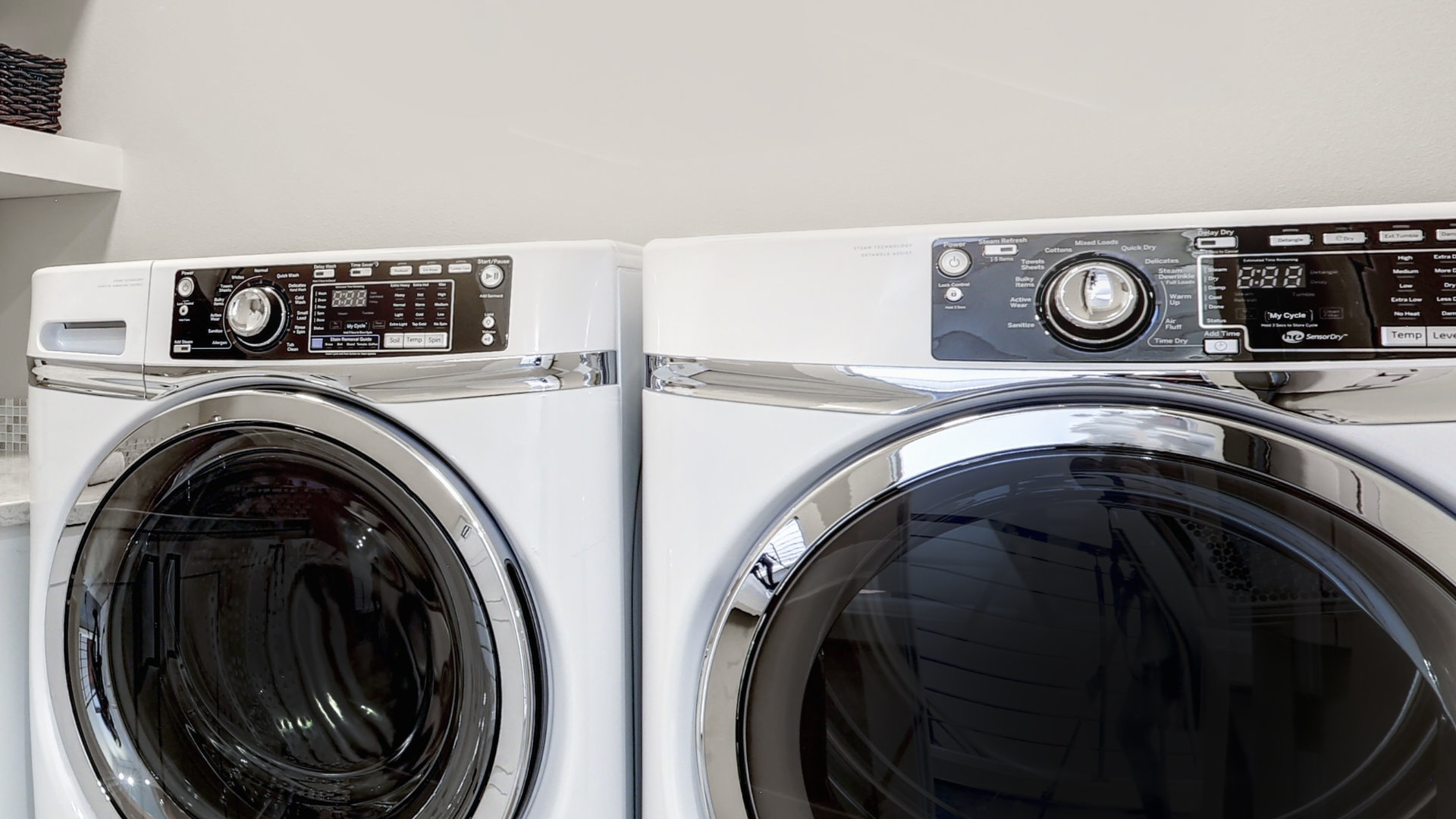
9 Most Reliable Washer and Dryer Brands

How to Get Ink out of Your Dryer the Easy Way

Why Is My Fridge Making Noise That Stops When the Door Is Open?

Frigidaire Refrigerator Error Code H1: Causes & Solutions
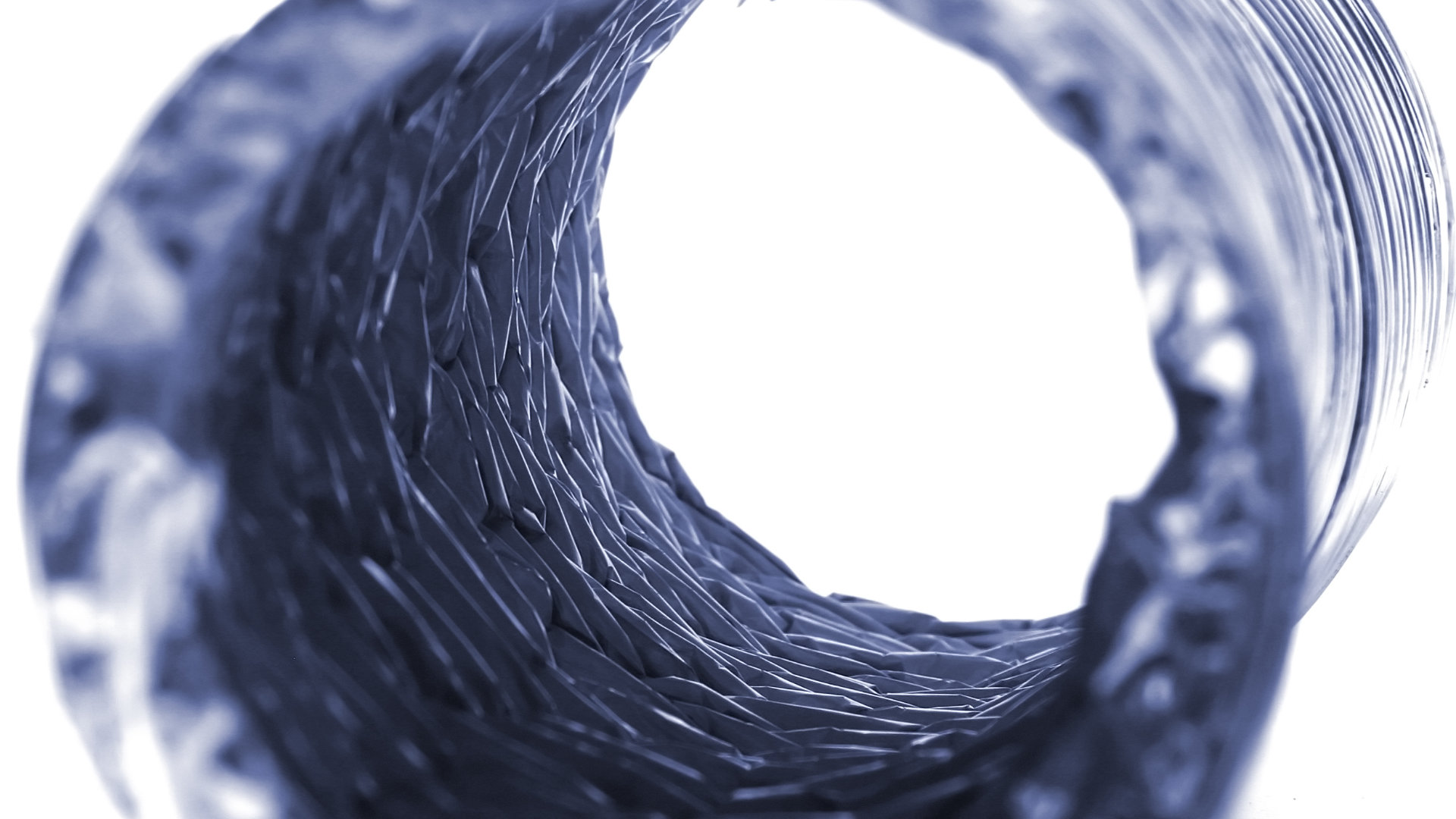
How to Clean a Dryer Vent Without Moving the Dryer
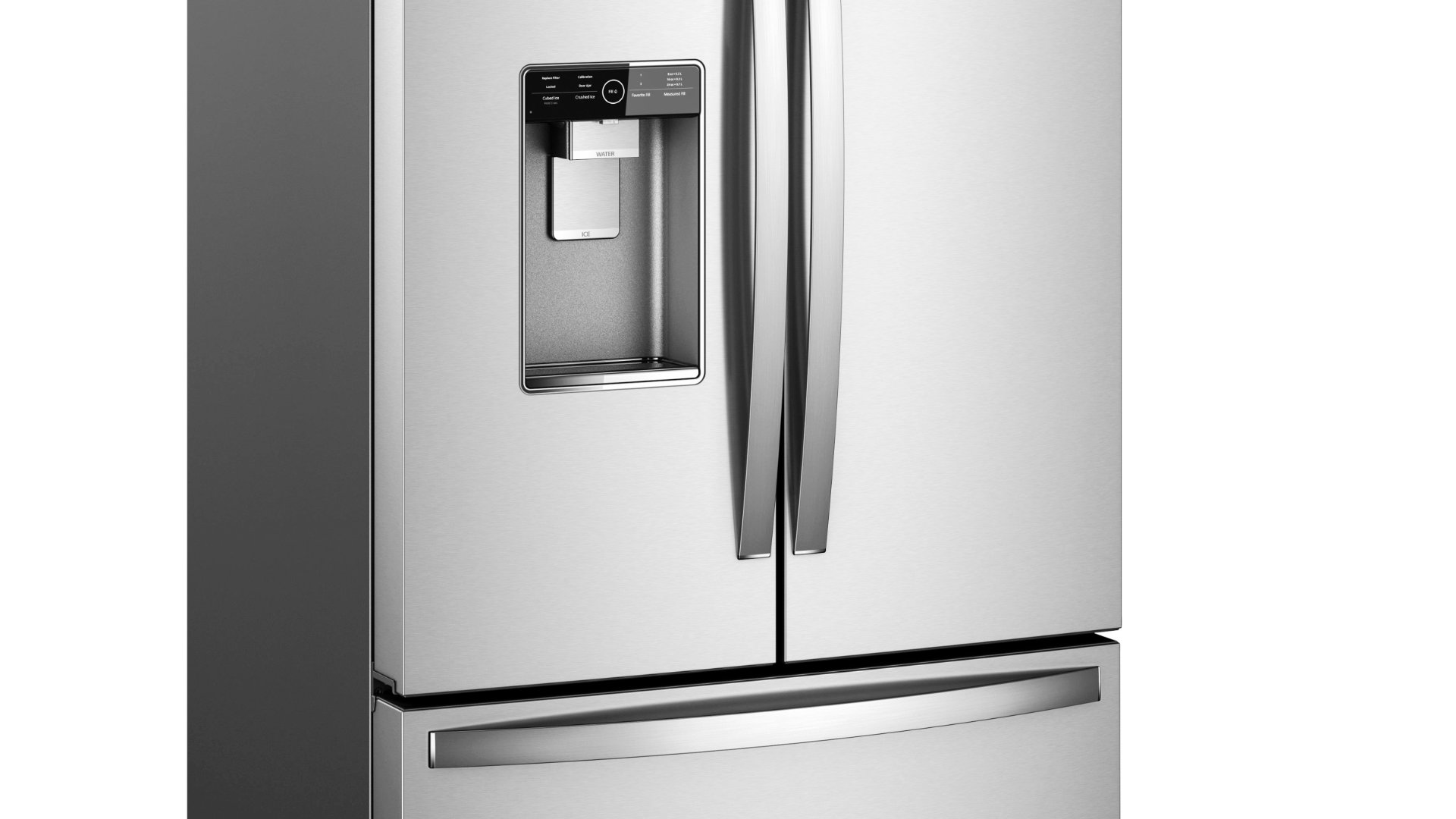
9 Reasons Your LG Refrigerator Isn’t Cooling
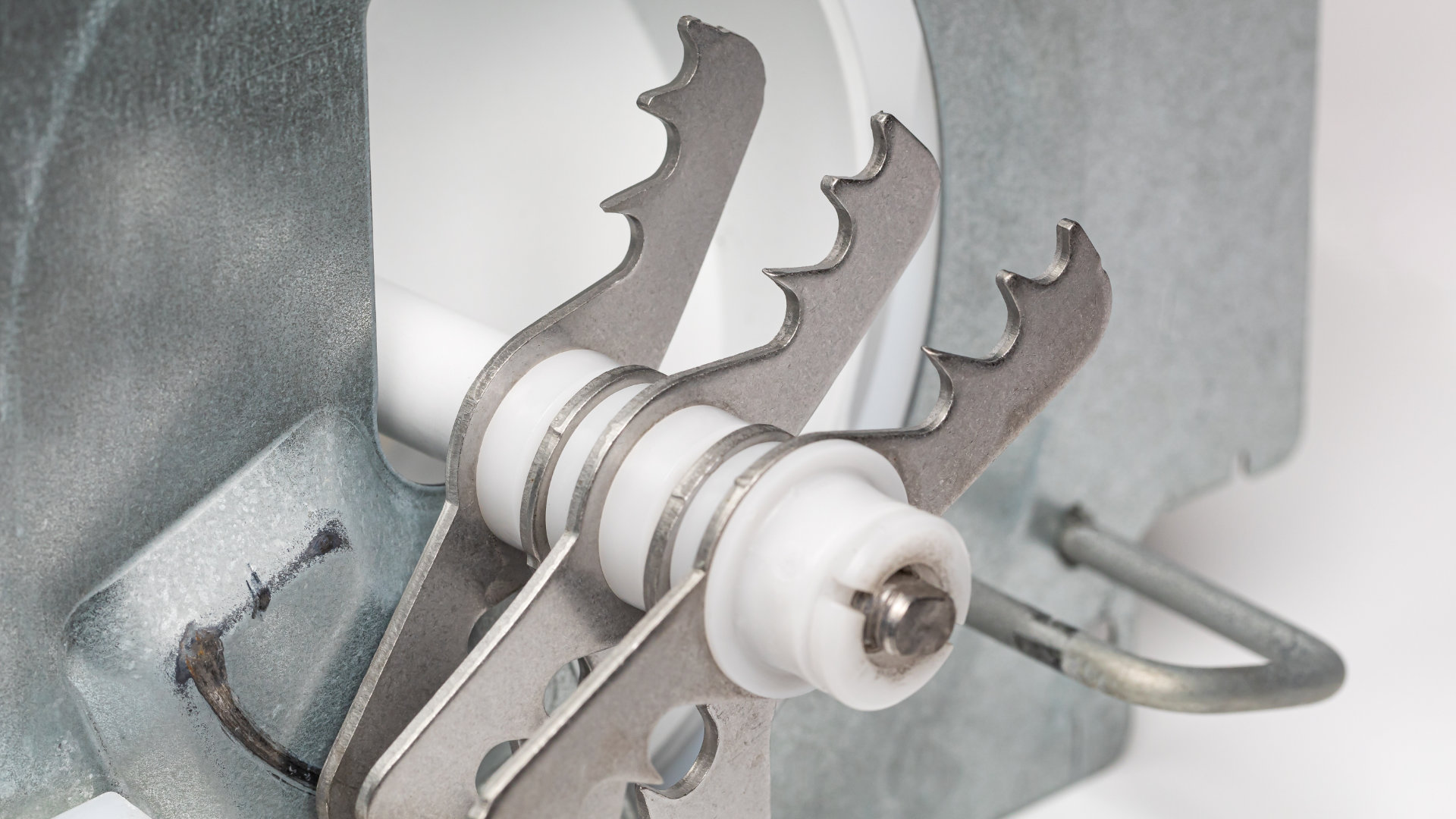
LG Refrigerator Not Making Ice? Here’s What To Do!


